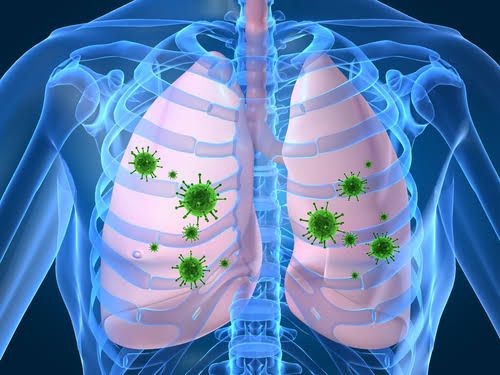Pulmonology
Pulmonology, a separate department in medicine, deals with the diagnosis and treatment of diseases affecting the entire respiratory tract, especially the lungs. People with serious lung and respiratory diseases, chest pain or respiratory complaints should visit a pulmonologist for diagnosis and treatment.
The Department of Pulmonology diagnoses, treats and monitors pneumonia, asthma, bronchitis, pulmonary embolism, allergic diseases, respiratory problems during sleep, tuberculosis, chronic obstructive pulmonary disease (COPD), pulmonary embolism, lung deflation, fluid accumulation in the lung membrane, lung cancer, chronic cough and smoking addiction and related diseases. These departments also offer support for smoking cessation with scientific approaches. A multidisciplinary approach is very important in Pulmonology. For this reason, specialist physicians in this field work together with specialist physicians in other branches and create the most accurate treatment planning by exchanging opinions and consulting when necessary.
As in many other fields of medicine, the field of Pulmonology has made great strides today due to technological advances. Early and accurate diagnosis is the most important threshold especially in the fight against respiratory diseases that fall within the scope of Pulmonology.
Many different and advanced techniques such as advanced radiological imaging methods, CT scans, chest x-rays, bronchoscopy, laboratory tests, pulmonary function tests, diffusion tests are used in the diagnosis of diseases that fall within the field of Pulmonology Departments. In addition, allergy tests are performed if the patient has allergy-related complaints, and sleep tests are performed if the patient has problems during sleep.
